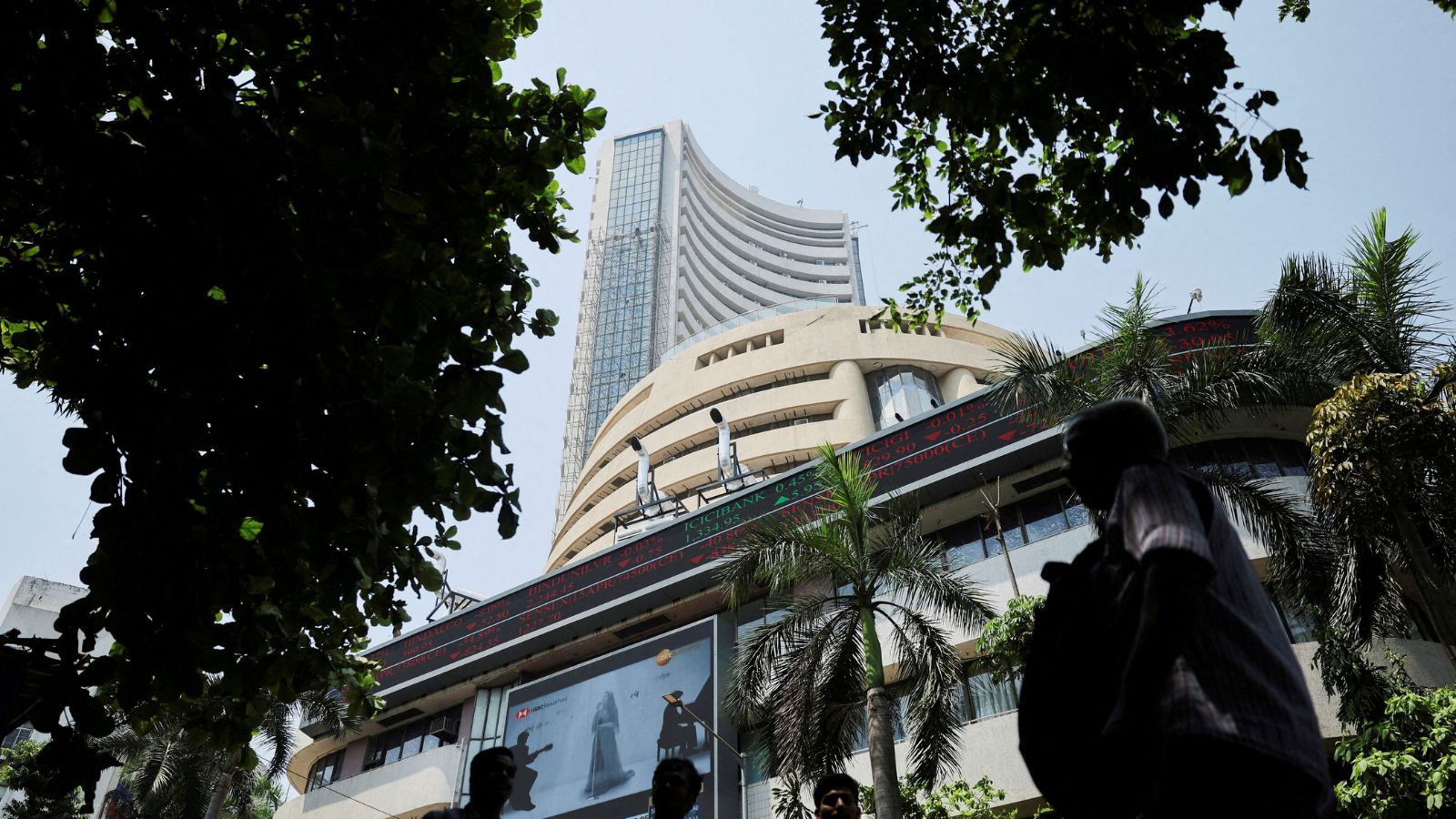 |
|
The recent escalation of tension between India and Pakistan has had a limited impact on the stock markets, particularly when compared to the significant sell-off experienced following Russia's invasion of Ukraine in February 2022. While the Sensex has seen a decline, it is relatively modest, suggesting that investors, while concerned, have largely maintained their composure. This begs the question: why hasn't the market reacted more drastically, given the potentially destabilizing nature of geopolitical conflict? Several factors contribute to this relative calm. Firstly, the perceived superiority of India in the conflict has instilled a degree of confidence among investors. The market seems to be pricing in the expectation that any further escalation is likely to be detrimental to Pakistan, thus limiting the potential downside for Indian markets. Secondly, the inherent resilience of the market, supported by both global and domestic macroeconomic fundamentals, plays a crucial role. A weakening dollar and the potential slowdown of the US and Chinese economies are viewed as positive factors for the Indian market, providing a buffer against negative sentiment arising from the geopolitical situation. Furthermore, robust domestic macroeconomic factors, including high GDP growth projections, favorable trade deals, and a declining interest rate environment, contribute to the market's stability. These factors have also driven foreign portfolio investors (FPIs) to engage in a sustained buying spree in the Indian market over the past several trading sessions, demonstrating their confidence in the country's long-term economic prospects. The contrast with the market reaction to the Russia-Ukraine war is striking. The BSE Sensex plummeted by 4.72% in a single day when Russia initiated its full-scale invasion, marking one of its largest point drops in history. This significant sell-off reflected the uncertainty and fear surrounding a major geopolitical event with potentially far-reaching global implications. In the current scenario, while the India-Pakistan tension is undoubtedly a cause for concern, the market's assessment appears to be more nuanced. Investors are factoring in India's perceived strength, the limited scope of the conflict thus far, and the positive macroeconomic backdrop. Moreover, the experience of the Russia-Ukraine war may have also made investors more accustomed to dealing with geopolitical risks and more discerning in their reactions. The key takeaway for investors is to remain calm and avoid making rash decisions based on short-term market fluctuations. Experts advise against panic selling and emphasize the importance of staying invested while closely monitoring developments. Diversifying portfolios and hedging short-term exposures through derivatives can also help mitigate potential risks. However, it is essential to acknowledge that a significant escalation in the conflict could deepen investor concerns and trigger heightened intraday volatility. In such a scenario, caution is warranted, and investors should refrain from bargain hunting until the market establishes a clearer direction and there is greater clarity on the duration of the conflict. Despite the near-term uncertainty, the long-term outlook for the Indian market remains positive, supported by strong Q4 earnings, the recently finalized UK-India Free Trade Agreement, consistent foreign institutional investor inflows, and a generally positive global market trend. These factors suggest that the Indian market is well-positioned to weather the current geopolitical storm and continue its growth trajectory in the long run. The market's measured response to the India-Pakistan tension reflects a combination of factors, including India's perceived military strength, supportive macroeconomic fundamentals, and a growing investor awareness of geopolitical risks. While caution is always advisable, especially in times of uncertainty, the current situation does not warrant panic or drastic action. Instead, investors should remain focused on the long-term potential of the Indian market and maintain a disciplined approach to investing.
Source: Indo-Pak conflict: Markets down, but why investors are not panicking
